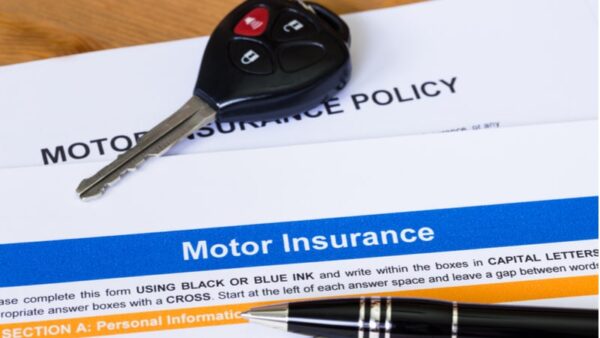
All vehicle owners need to mandatorily have motor insurance cover. It is a legal offence to drive without one and liable to hefty penalties. While it is a fact you need to have a motor insurance policy, you simply cannot lay your hands on any insurance plan. You need to have thorough research and understand the meaning of different jargons used. At first, this may seem a daunting task, but this article breaks down these complex jargons for you to comprehend these terminologies.
Insured declared value (IDV)
The most confused term of all is the insured declared value. All motor insurance plans have its mention and is widely used. It is the current valuation of your vehicle but not its resale price. For a layman, it may be confusing to spot the difference between these terms, but the current valuation accounts for depreciation. Setting the right IDV is essential as it has a direct relation with the premiums. So, higher the IDV, higher is its premium and vice versa. IDV comes into the picture in the event of a total loss, i.e. damage beyond repair or cases like theft. Since it directly impacts your premium, many individuals declare a lower IDV, but the same may pay inadequate compensation.
Own damage premium
The amount paid to avail coverage for own-damages is that which forms a major part of comprehensive insurance plans. Any damage that results in damages or repairs to your vehicle is covered under the own-damage component of insurance plan. Events like theft, natural calamities, fires, repairs to your vehicle are some examples of own-damage coverage.
Third-party cover
Third-party coverage is another part of your motor insurance policy alongside the own-damage component. It protects you against liabilities due to a party outside the contract of insurance as a result of damage to property or bodily injury. It is called third-party cover since it benefits a person outside the insurance contract and not either the insurer or you. Note that it is a minimum requirement to have at least third-party policy, whether it is a private or commercial vehicle insurance plan.
No-claim bonus (NCB)
One term that is frequently used is the no-claim bonus. It is essentially the concession offered by the insurance company for making no claims during the previous policy tenure. It is a kind of reward by way of reduction of the premium amount at the time of online policy renewal. The amount of NCB starts at 20% and goes all the way up to 50% of the own-damage component. Since it is a substantial amount, make sure to take full advantage and the time of renewal.
Personal accident cover
Not just your vehicle, but also you are insured when you opt for a personal accident cover. Not all insurance plans include this coverage and thus, you must select a policy that includes one. Accidents can result in bodily injury and that can be financially safeguarded when you purchase this PA cover.
This handy glossary of important insurance terms can help you select a plan that checks all the right boxes without worrying about picking the wrong plan in confusion.
